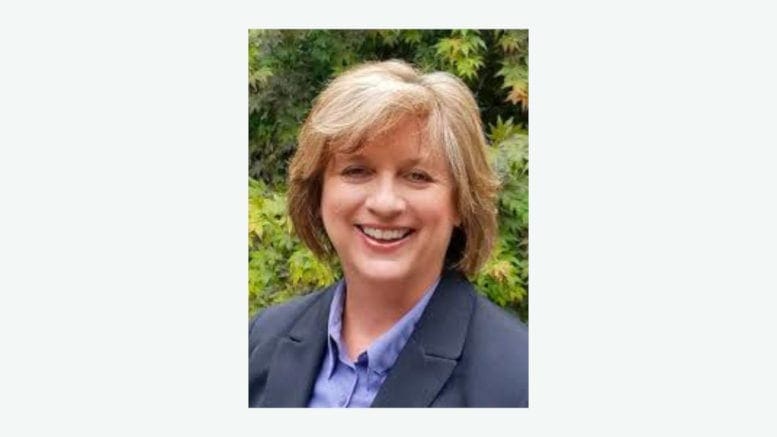Photo: Melanie Dallas, LPC, CEO of Highland Rivers Behavioral Health (photo courtesy of Highland Rivers)
by Melanie Dallas, LPC
If you’ve never met a social worker in person and have instead only seen them portrayed on TV, you may believe they are all hurried, harried and underpaid. Although there may be some truth to that, what is too often missing from popular portrayals of social workers are the very things that led most of them to become social workers in the first place: compassion, heart, and a desire to help people so strong they’ve chosen to make helping their life’s work.
As we recognize March as Social Work Month, I want to share some insights about this profession – one which, admittedly, no one chooses expecting to become wealthy – and the variety of ways social workers positively impact the lives of individuals, families and communities.
But to start with – as anyone in a helping profession will tell you – social work can be difficult work. When a social worker is “called in” – in a school, hospital, or other workplace – it is usually because someone needs help. And often, someone needs help because they have experienced something negative in their life.
As a result, a social worker’s first introduction to someone may be when that individual is in crisis, upset, angry, belligerent, grieving – in a mental or emotional states most of us would hope not to meet someone for the first time. And yet, a social worker always answers the call.
Becoming a social worker – by which I mean a Licensed Clinical Social Worker (LCSW) – also requires a good deal of work. After completing a bachelor degree, someone who wants to become a social worker must earn a Master of Social Work (MSW) degree at an accredited college or university. There are several of these in Georgia, including Kennesaw State (which is in Highland Rivers’ service area), Georgia State, Clark Atlanta and University of Georgia, and others.
With an MSW, an individual is eligible to become a Licensed Master Social Worker (LMSW), also known as an associated licensed social worker. During this time, a person typically works three years to gain 3,000 hours of clinical experience, with 120 hours of direct supervision. After completing these requirements, an LMSW is eligible to sit for the LCSW exam to become fully licensed in the state of Georgia.
A licensed social worker is also required to complete 35 hours of continuing education every two years once on the job. I mention all this because I want everyone to be aware of the work that social workers willingly put in to become qualified for the work they do.
You may already know that Highland Rivers Behavioral Health employs social workers as mental health therapists, but that is far from the only occupation social workers have – even in our agency – or the only work setting in which social workers practice. If you visit the website of the National Association of Social Workers (NASW), you may be surprised to see how diverse the social work profession is.
As I mentioned, social workers may work in schools or hospitals, but did you know they might also work in correctional facilities, public health departments, law enforcement agencies and corporate EAP programs? They may also focus on specialized areas – aging, LGBTQA+ individuals, racial issues, substance use, and public policy and advocacy. In short, there is probably no societal institution where social workers are not working, and having an impact.
Having worked in behavioral health for more than 30 years, I can tell you social workers are special people. They have invested a lot of time and energy in learning their profession – and not because they are following a lucrative career path, but because they are following their heart. So if you do ever meet a social worker, be sure to tell them thank you. Social workers make our community a better place.
Melanie Dallas is a licensed professional counselor and CEO of Highland Rivers Behavioral Health, which provides treatment and recovery services for individuals with mental illness, substance use disorders, and intellectual and developmental disabilities in a 13-county region of northwest Georgia that includes Bartow, Cherokee, Cobb, Floyd, Fannin, Gilmer, Gordon, Haralson, Murray, Paulding, Pickens, Polk and Whitfield counties.
